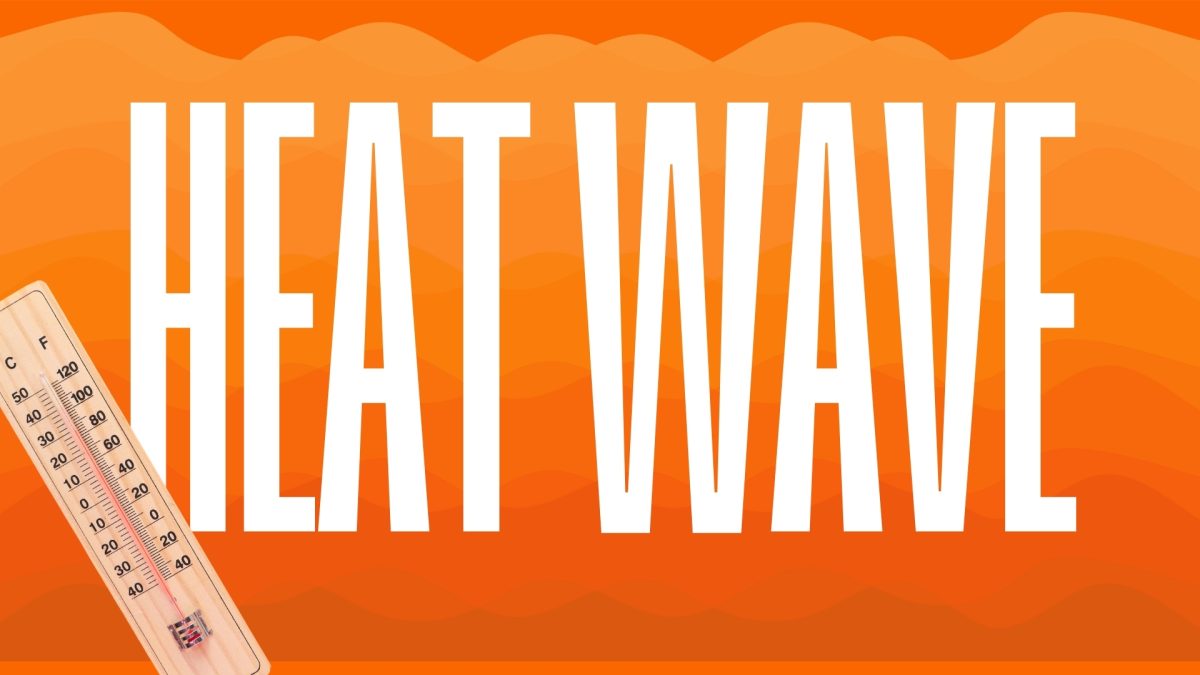It should hardly shock anyone that the upward trend of global surface temperatures would reach such a point that it would shatter another record, but few could have predicted it would happen on the same day as the consequential New York City Democratic mayoral primary. The trend of our responses to hot summers is the most telling of our deficiencies as a society. June 24 was, for anyone with the misfortune of being outside, was New York City’s hottest day since 2012. I, a serial hoodie and sweatpants wearer, spent most of that day outside in the New York Botanical Garden, sweat dripping down my back and boiling my skin, all for the sake of botany. It was quite uncomfortable to say the least. Even inside the buildings that were open on Fordham’s campus, the soupy air followed. While it was cooler inside, there was very little to do but simply simmer — that is, if one is lucky enough to have AC available, which many do not.
As I was boiling myself alive for science, I also managed to ponder: why do we have this weather? What are our dearest federal leaders — suffering this same heat in the swamps of Washington D.C. — and state leaders, doing to respond to these heat waves? As it turns out, not very much — though, in fairness, they have their hands tied on most counts by lobbyists. New York City and New York State government officials issued guidance and cooling centres, as wet-bulb temperatures climbed above 95 degrees. The city’s urban architecture only made this particular heat wave even worse (due to the urban heat island effect), about which very little can be done without treading on the toes of private property owners.
It should be beyond any sort of discussion and debate that our emissions have accelerated the feedback loop of global warming. The Trump administration has decided to spit in the face of solid scientific evidence and declare that our collective carbon emissions do not endanger public health. While they cite economics concerns, it must be said that the cost of environmental regulations most certainly does not outweigh the eventual cumulative cost of unmitigated climate change, which is projected to reach $38 trillion per year by 2049.
Of course, there remains the question: On whose shoulders does the burden of action fall upon? Some would say that it is not the government’s responsibility to create and enforce environmental regulations. But if not the government, then who? Corporations like Exxon-Mobil have already demonstrated the inability to regulate themselves, even when they are aware of the harm caused by their business operations. I ask the reader to recall their life. How many times have you left dishes in the sink for someone else to clean, left trash out, passed by the homeless for someone else to aid or turned your nose up at someone looking for help? If there was “somebody else” to pick up our mess, it would have happened already. Alternatively, of course, the other option is to do what our parents, grandparents and great-grandparents did: punt the problem to our children and plug our ears. The role of government here is trying to force a correction that otherwise simply will not happen fast enough, if at all. This itself has only occurred under public pressure, something which companies are not beholden to in the same way our governments are.
What does this have to do with heat? The answer to this, dear reader, is everything. The heat is a symptom: how do we choose to respond to it? I once again call attention to the federal government declaring that carbon dioxide and other greenhouse gas emissions are not dangerous to public health. That is one decision with potential ramifications far beyond what anyone could suspect. Contrarily, the announcement by the New York Power Authority to construct further renewable energy beyond its initial goal, made in the face of this heat wave and public pressure, is a decision as well. We have a choice that comes down to essentially this: do we continue down an increasingly dangerous path, or do we realize we’ve screwed up, face reality and fix our mistakes?
Kathryn-Alexandra Rossi, FCRH ‘27, is a philosophy and economics double major from Arlington, Virginia.










































































































































































































